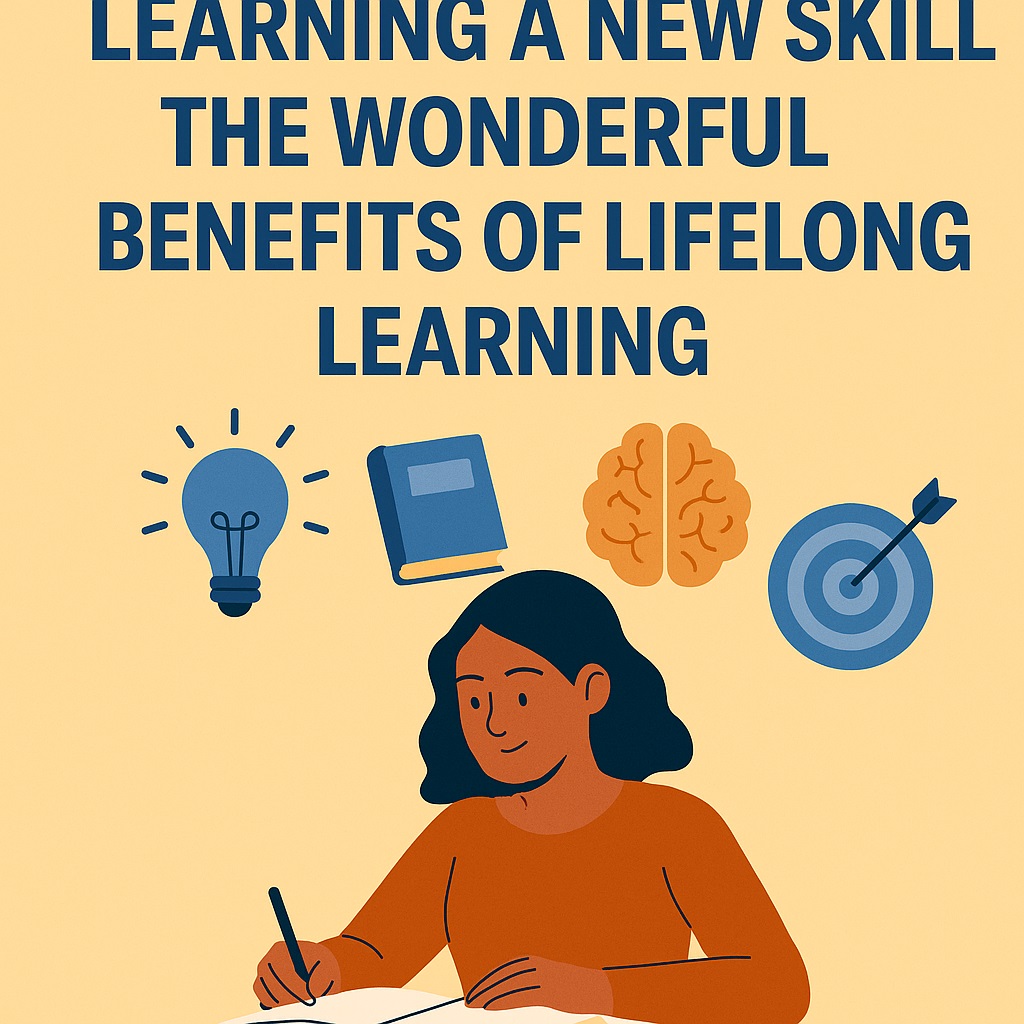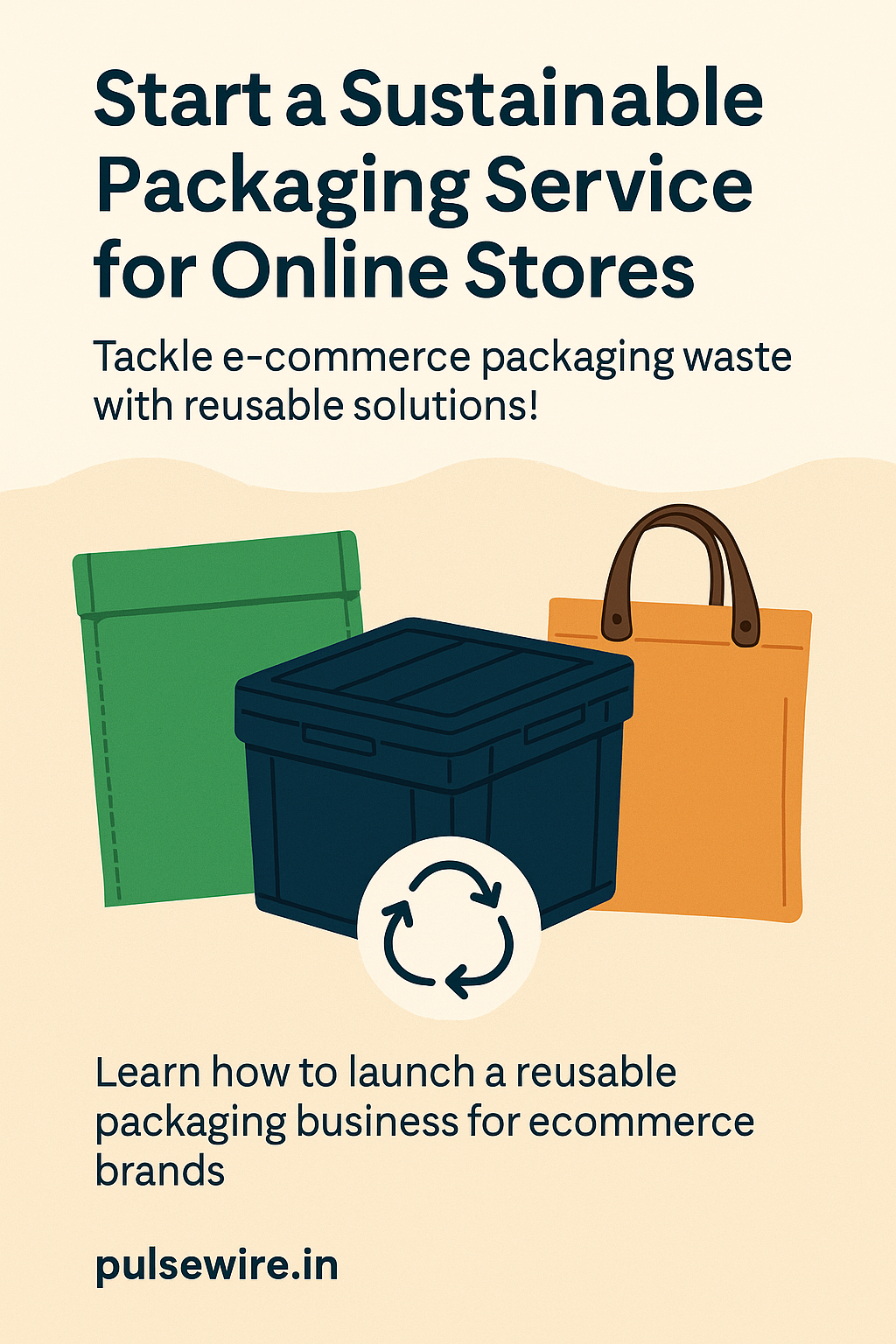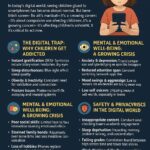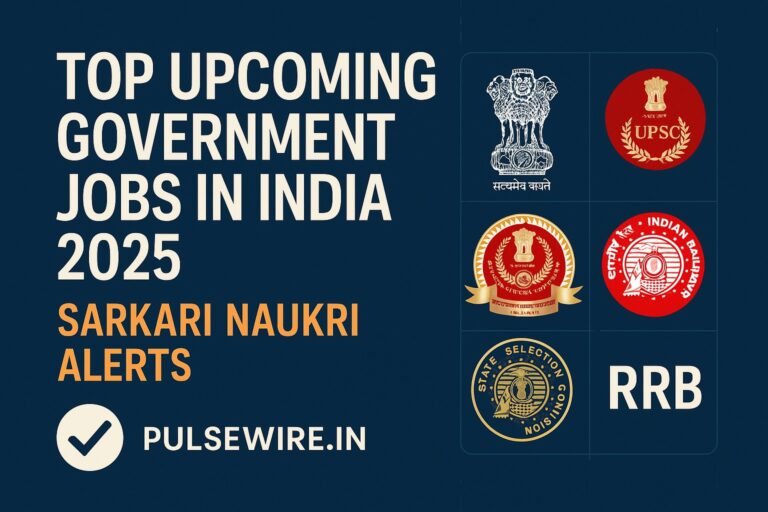By Team Pulsewire • Content & Research Team • Published July 16, 2025

Have you ever wondered what it truly means to keep learning throughout life—and how it can change you for the better? In today’s fast‑evolving world, where workplaces and technology are in constant flux, lifelong learning has become more vital than ever. But this isn’t just about going back to school—it’s about discovering new skills, cultivating curiosity, and enriching your life at every stage. In this article, we’ll delve into the excitement and long‑term benefits of learning something new—from boosting brain health and advancing your career to enhancing your wellbeing and social connections.
1. What is Lifelong Learning?
Lifelong learning is the continuous, voluntary, and self‑motivated pursuit of knowledge and skills, beyond formal education. Unlike traditional schooling—where you study to get a degree—it’s an ongoing process driven by curiosity, personal growth, or professional development.
Learning can take many forms: you might pick up a new language, learn to code, start gardening, play an instrument, cook international dishes—or anything in between.
2. Cognitive Benefits – A Workout for Your Brain
Learning new skills provides a powerful mental workout:
- Enhanced Neuroplasticity: When you challenge yourself with unfamiliar tasks, your brain reorganizes itself and forms new connections.
- Improved Memory: Encoding and retrieving new information boosts memory pathways.
- Sharper Problem‑Solving: Your mind learns to approach issues from different perspectives and devise creative solutions.
- Protection Against Aging: Studies show that continuous learning can slow cognitive decline and reduce risks of conditions like Alzheimer’s.
- Increased Creativity: Learning across different domains helps you make surprising connections and generate innovative ideas.
3. Professional & Career Advantages
In a rapidly changing job market, staying relevant is essential. Lifelong learning offers clear career benefits:
- Stay Competitive: Upskilling ensures you’re not left behind as industries evolve.
- Career Growth: New skills can lead to promotions or even career changes.
- Entrepreneurial Opportunities: Side‑hustles or business ideas often come from new knowledge.
- Higher Income: Specialised or in‑demand skills typically command better pay.
- Broadened Network: Taking courses or attending workshops connects you with like‑minded professionals.
4. Personal Growth & Well‑being
Lifelong learning supports mental and emotional health:
- Boosted Confidence: Mastering new skills brings pride and self‑belief.
- Joy of Discovery: The process itself can be deeply rewarding and motivating.
- Escape from Routine: New challenges break monotony and spark excitement.
- Adaptability: Your mind becomes more flexible, better equipped to handle change.
- Stress Relief: Creative learning can be a mindful outlet that soothes anxiety.
5. Social & Community Impact
When you learn, your social life also thrives:
- New Connections: Shared interests spark friendship—whether it’s a cooking class or coding meetup.
- Pay It Forward: Share your knowledge through teaching or mentoring.
- Community Engagement: Join local workshops or clubs to stay connected.
- Bridge Generations: Learn from younger or older learners—wisdom gains flow both ways.
6. How to Cultivate Lifelong Learning
Ready to start? Here are effective strategies:
- Set Clear Goals: Define what you want to learn and why it matters.
- Use Quality Resources: Try platforms like Coursera, Udemy, edX; also explore podcasts, documentaries, and books.
- Take It Step by Step: Small, consistent efforts are more effective than overwhelming bursts.
- Apply What You Learn: Experiment hands‑on—whether it’s speaking with locals in a new language or coding a simple app.
- Seek a Mentor: Guidance from someone experienced accelerates progress.
- Schedule Learning Time: Block out 30–60 minutes weekly—treat it like an important appointment.
7. Overcoming Common Barriers
Don’t let obstacles hold you back:
- Time Constraints: Try micro‑learning—just 5–10 minutes daily can make a difference.
- Motivation Slumps: Revisit your “why,” and celebrate small wins to keep up momentum.
- Fear of Failure: Mistakes are vital to the process—view them as data, not setbacks.
- Budget Limits: Use free resources—many platforms offer high‑quality materials at no cost.
Conclusion
Lifelong learning is a powerful investment—enhancing cognitive health, career prospects, personal happiness, and social bonds. The impact can be immediate and far-reaching, shaping a more adaptable, confident, and fulfilled life.
So pick a skill you’ve always wanted to learn. Start small. Keep going. And share your journey—your brain, career, and self will thank you for it.
What new skill are you exploring? Leave a comment below and inspire others!
References & Further Reading:
- Cognitive Benefits of Lifelong Learning – National Institutes of Health (NIH)
- World Economic Forum: Why Lifelong Learning is the Future of Work
- American Psychological Association – The Psychology of Continuous Education
- Harvard Business Review: Lifelong Learning & Your Health, Career, and Social Life
Related articles: Student Loan Forgiveness 2025, Student Loans in the UK: Your Essential Guide to Funding Higher Education









